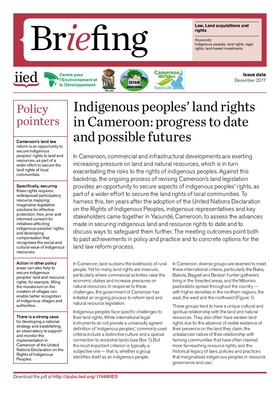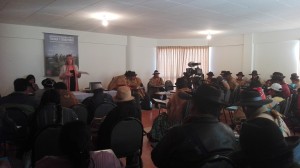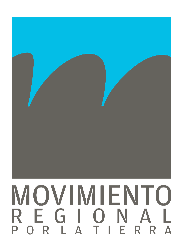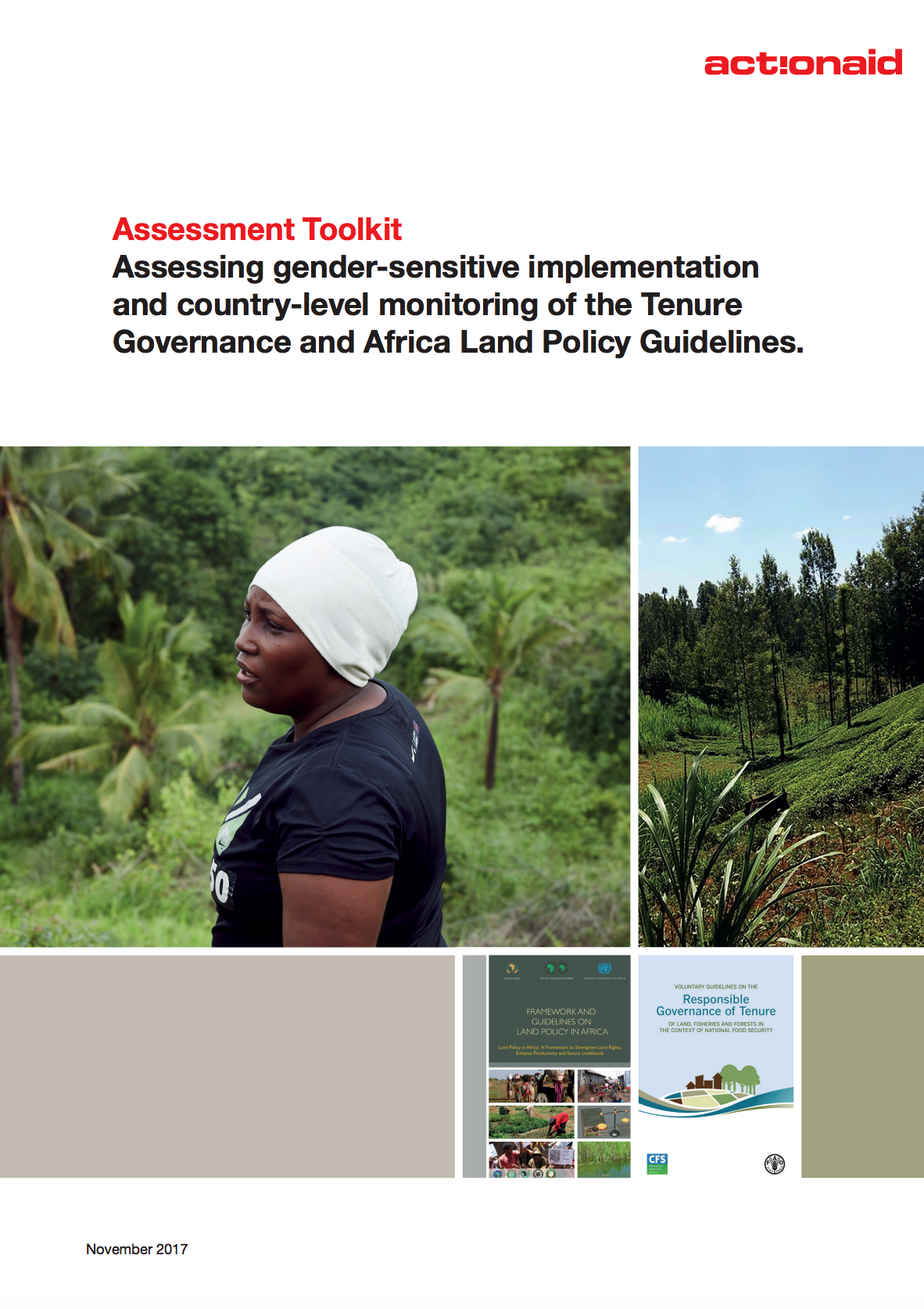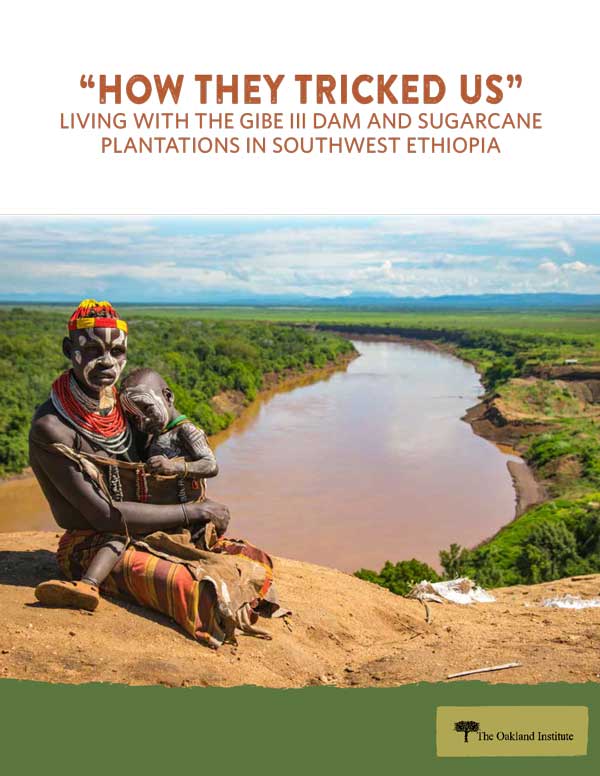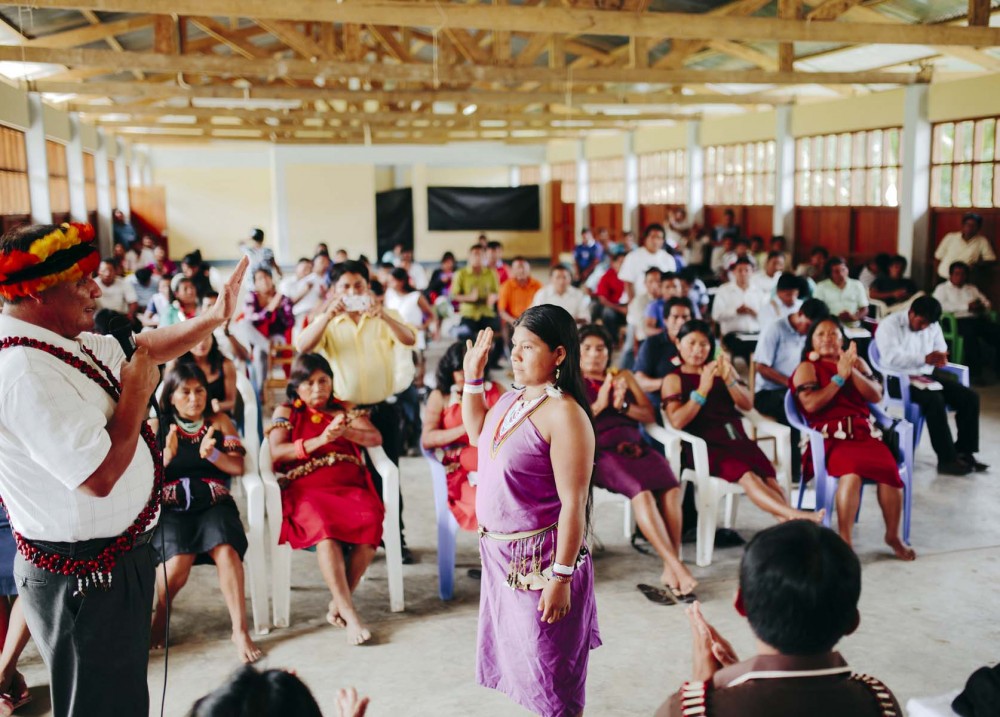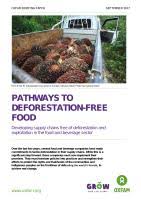Indigenous peoples’ land rights in Cameroon: progress to date and possible futures
In Cameroon, commercial and infrastructural developments are exerting increasing pressure on land and natural resources, which is in turn exacerbating the risks to the rights of indigenous peoples. Against this backdrop, the ongoing process of revising Cameroon’s land legislation provides an opportunity to secure aspects of indigenous peoples’ rights, as part of a wider effort to secure the land rights of local communities.

